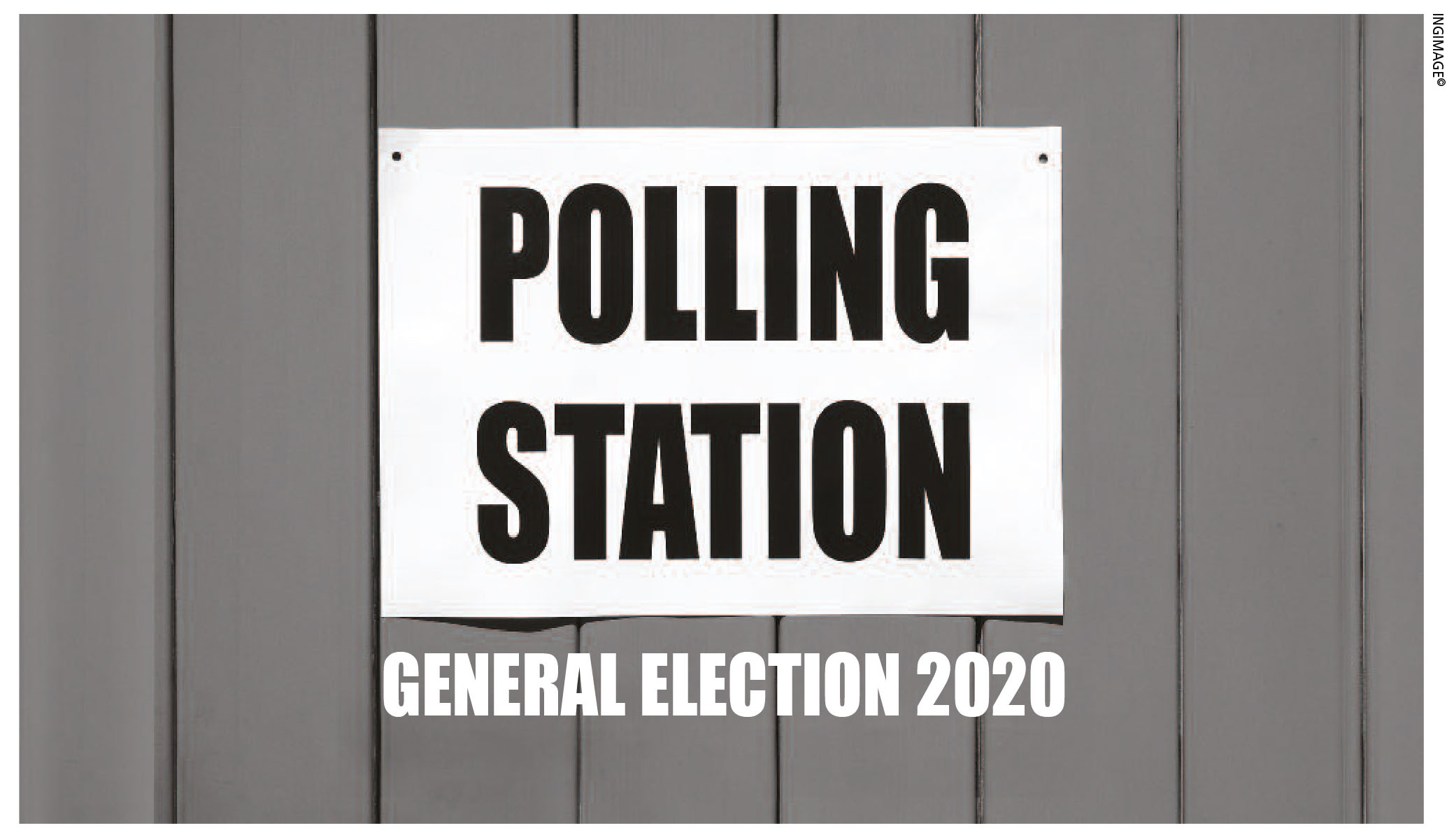THE BIG PICTURE
POLITICS TAKES A BACKSEAT
The election scheduled for 25 April has been postponed – sanity prevails
While the likes of Singapore, Hong Kong and Taiwan are leading the way in adopting a string of coronavirus (COVID-19) containment measures that have proved to be largely effective at the time of writing, Denmark’s government is focussing on its beleaguered engine of growth – the private sector.
In mid-March, the Danish government announced that it would cover 75 percent of the salaries (with a monthly ceiling of around US$ 3,500) of companies affected by the drastic steps it has taken to fight the spread of COVID-19 provided that they in turn pledge to retain staff. This rescue package is to continue for three months.
“If there is a big drop in activity and production is halted, we understand the need to send home employees. But we ask you to not fire them,” Denmark’s Prime Minister Mette Frederiksen reportedly told a news conference at the time. At 42, she is the youngest PM in Danish history, which perhaps tells a story of how the younger
generation of world politicians view the landscape occupied by working people.
Indeed, the Danes enjoy one of the highest per capita incomes on Earth, and the country is among the most economically and socially developed in the world; but there are lessons for nations such as ours nevertheless.
So what did Sri Lanka have in store for its people at this time of crisis… until the Commissioner of Elections stepped in on 19 March? An election that is expected to cost Rs. 8 billon!
Given that the nation has until August to elect a new government, one wondered whether we have the resources to hold an election in April. We were at risk of undoing the good work done so far by the security forces, healthcare authorities and the medical fraternity in containing the coronavirus – so much so that Sri Lanka remained among the safest places to be at the time.
So thankfully, the eight billion rupees that’s needed to hold a general election will now be allocated to implement further coronavirus containment measures – and as importantly, rescue commerce and industry; and hopefully, the economy.
There is now a growing consensus that the global economic fallout from the virus could be as serious as the ever increasing death toll – the bottom line therefore, is the livelihoods of ordinary people. We are not immune to this; not by any stretch of the imagination.
If businesses collapse, livelihoods will suffer; and if the economy fails, even the essential services that we take for granted will become a luxury.
We don’t need an election at this time because the nation is seemingly in good hands. Worse still, it is
unlikely that we’ll see fresh blood – sans the stains of corruption and hooliganism, not to mention calibre – in the next parliamentary term because the nominations handed in by the main political parties aren’t as clean as they should be.
In fact, the ballot papers could look like recycled paper!
That said, let’s be thankful for small mercies – and thank a high calibre gentleman for making the ‘call of the year.’





